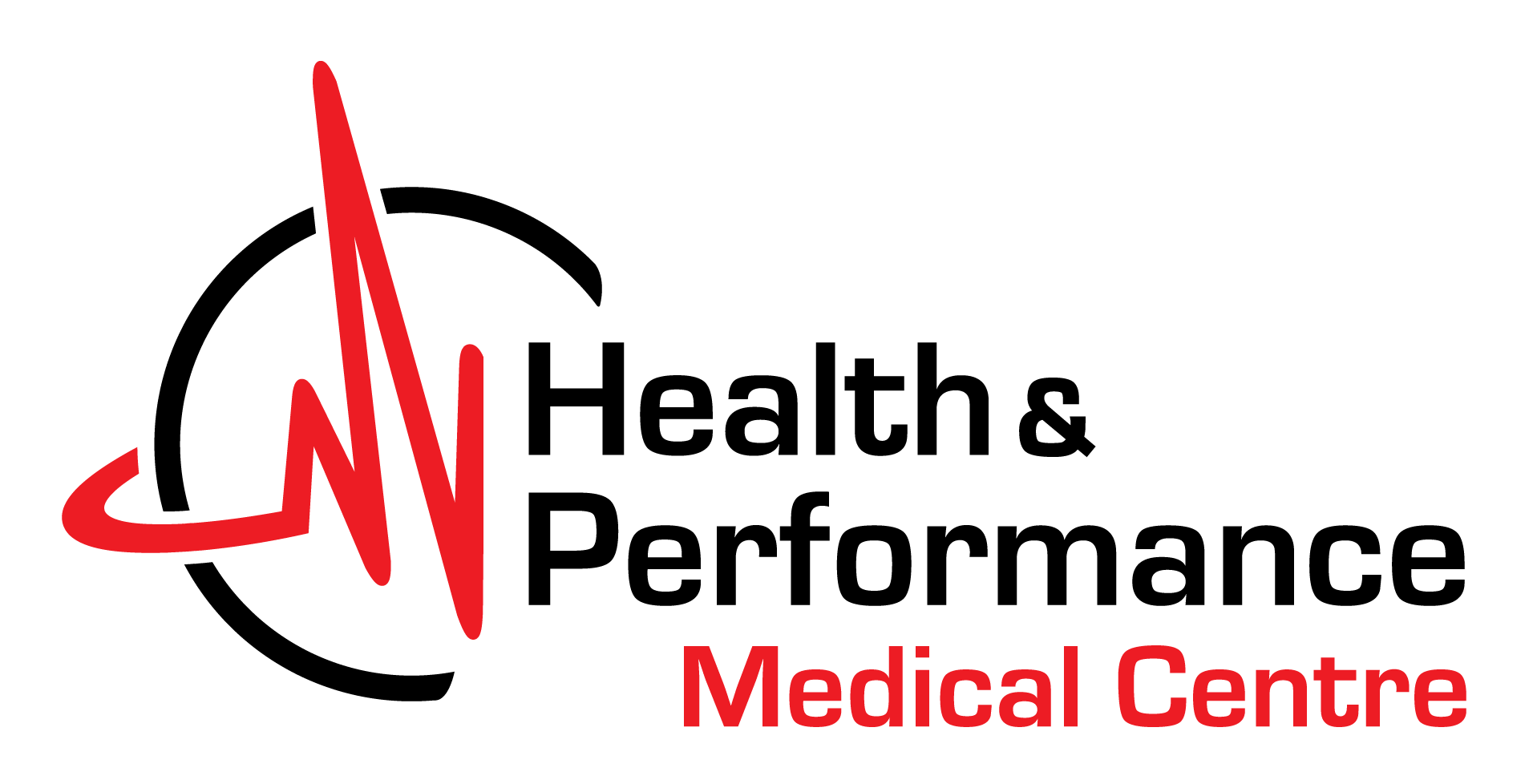
Seniors Falls Prevention
Falls prevention is a very important topic in our aging population. It is often thought to be something that occurs with age and that we cannot do anything to prevent it. There is a large area of research on this topic and there are a number of things we can do to prevent falls in seniors.
Exercise is front of the line in this research and even more importantly safe balancing exercises. Balancing exercises include shifting weight from one foot to the other while having a countertop or wall for support as needed. This is often a type of exercise that is avoided due to fear of falling, but when practiced safely this can be your biggest ally in fending off falls. Other types of exercises are equally important such as a regular walking program, using a cane or gait aid if needed. A resistance (strengthening) program that involves lifting weights or using bands will help keep the muscles strong and maintain our upright posture.
There are even multiple body systems involved when our body works to keep ourselves upright, so prevention comes from many different facets and help can be attained through a variety of sources. Some examples of other ways to prevent falls includes:
1. Regular optometrist visits – every 6 months to a year
2. Discuss medications and their side effects with your family physician – research has shown that the more different kinds of medications you are taking, the higher your risk of falls. However, it is possible that this variable may not be able to be adjusted as most medications are important for your health.
3. Removing tripping hazards in the home – rugs should be removed from the home completely, cords should be secured out of the way of passage and good lighting installed in hallways that are commonly used throughout the night.
4. Proper footwear – properly sized and secured footwear is of utmost importance. It is also important to choose a pair of footwear that have a good tread to grip the ground. In the winter this is even more important.
Maintaining balance is important for a variety of reasons. The most obvious being to avoid injuries, ranging from minor bruises to more significant injuries such as fractures. Although these injuries will heal over time, the biggest concern following these type of injuries is when it forces an individual to be less active. Inactivity can lead to other complications such as pneumonia or can lead to further muscle deconditioning which could mean an even higher risk of falls.
I hope all seniors, family members and caregivers will join me for an information session on how we can prevent falls at 6:30pm on April 4th at Health and Performance Centre, 14 Main Street, Corner Brook. Here I will provide you with multiple different resources to help make your world a safer place so that independence can be maintained for as long as possible.
Brittany Murphy
BScKin (Hons) MScPT RegPT
